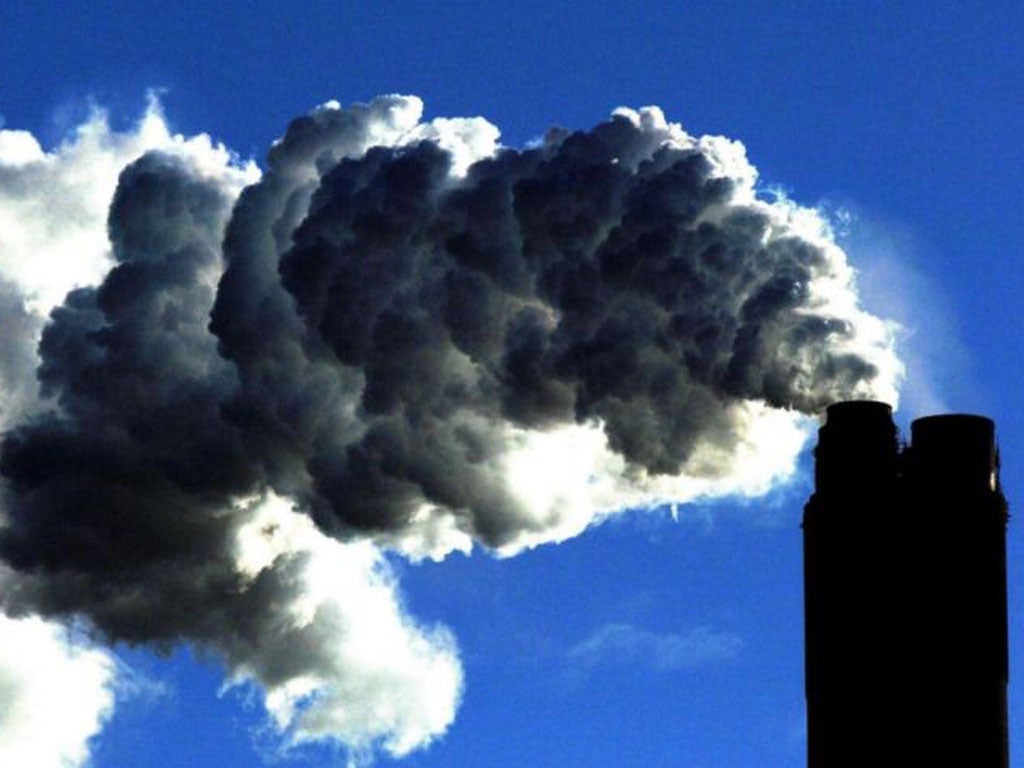
Your support helps us to tell the story
From reproductive rights to climate change to Big Tech, The Independent is on the ground when the story is developing. Whether it's investigating the financials of Elon Musk's pro-Trump PAC or producing our latest documentary, 'The A Word', which shines a light on the American women fighting for reproductive rights, we know how important it is to parse out the facts from the messaging.
At such a critical moment in US history, we need reporters on the ground. Your donation allows us to keep sending journalists to speak to both sides of the story.
The Independent is trusted by Americans across the entire political spectrum. And unlike many other quality news outlets, we choose not to lock Americans out of our reporting and analysis with paywalls. We believe quality journalism should be available to everyone, paid for by those who can afford it.
Your support makes all the difference.Using cash raised through carbon taxes to invest in energy efficiency is one of the best ways to tackle fuel poverty, according to a report published by Consumer Focus yesterday.
Making homes more energy efficient would reduce heating bills by at least £200 a year, lifting up to nine out of 10 households out of fuel poverty. Such a move would also generate more jobs and greater economic growth, the watchdog said.
Mike O'Connor, Consumer Focus's chief executive, said: "Using carbon taxes to ensure homes leak less energy would improve the quality of life of millions, slash carbon emissions and generate greater economic growth than other measures."
Derek Lickorish, a chairman of the Government's Fuel Poverty Advisory Group, said: "It's essential that the Government seriously considers this option as fuel poverty levels will continue to spiral without radical action.
"Tens of thousands more households will be pushed into fuel poverty by recently announced price rises alone, and prices are set to rise even further."
Fuel poverty currently affects more than six million households, who are forced to use a tenth of their income to heat their home. The figure is predicted to grow to 9.1m or one in three homes by 2016.
"Fuel poverty is leaving millions of households having to cut back on essentials like food and heating to make ends meet," said Mr O'Connor.
Join our commenting forum
Join thought-provoking conversations, follow other Independent readers and see their replies
Comments